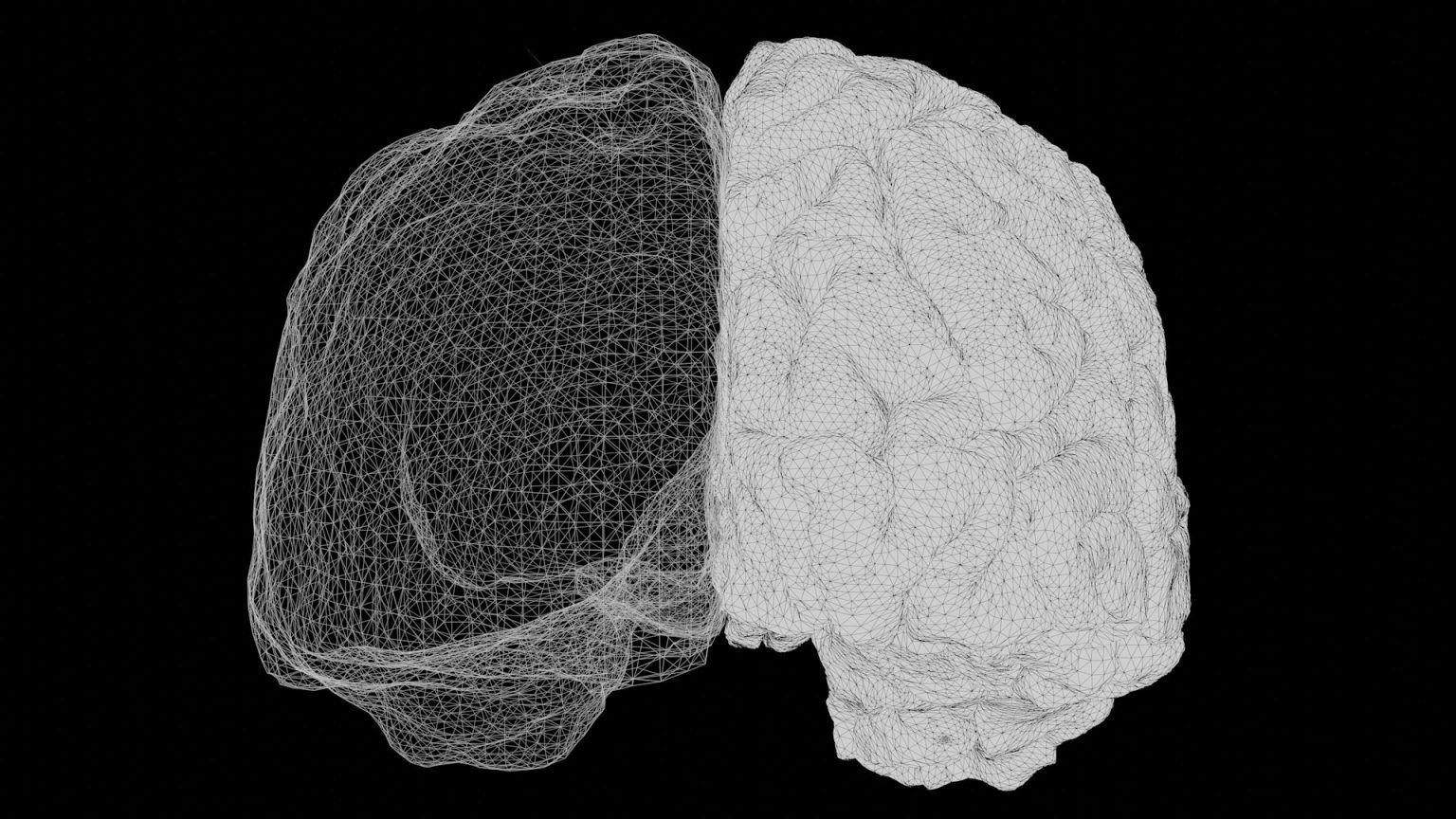Pupil size surprisingly linked to differences in intelligence

Credit: Adobe stock / Chris Tefme
- Researchers find a correlation between pupil size and differences in cognitive ability.
- The larger the pupil, the higher the intelligence.
- The explanation for why this happens lies within the brain, but more research is needed.
What can you tell by looking into someone’s eyes? You can spot a glint of humor, signs of tiredness, or maybe that they don’t like something or someone.
But outside of assessing an emotional state, a person’s eyes may also provide clues about their intelligence, suggests new research. A study carried out at the Georgia Institute of Technology shows that pupil size is “closely related” to differences in intelligence between individuals.
The scientists found that larger pupils may be connected to higher intelligence, as demonstrated by tests that gauged reasoning skills, memory, and attention. In fact, the researchers claim that the relationship of intelligence to pupil size is so pronounced, that it came across their previous two studies as well and can be spotted just with your naked eyes, without any additional scientific instruments. You should be able to tell who scored the highest or the lowest on the cognitive tests just by looking at them, say the researchers.
The pupil-IQ link
The connection was first noticed across memory tasks, looking at pupil dilations as signs of mental effort. The studies involved more than 500 people aged 18 to 35 from the Atlanta area. The subjects’ pupil sizes were measured by eye trackers, which use a camera and a computer to capture light reflecting off the pupil and cornea. As the scientists explained in Scientific American, pupil diameters range from two to eight millimeters. To determine average pupil size, they took measurements of the pupils at rest when the participants were staring at a blank screen for a few minutes.
Another part of the experiment involved having the subjects take a series of cognitive tests that evaluated “fluid intelligence” (the ability to reason when confronted with new problems), “working memory capacity” (how well people could remember information over time), and “attention control” (the ability to keep focusing attention even while being distracted). An example of the latter involves a test that attempts to divert a person’s focus on a disappearing letter by showing a flickering asterisk on another part of the screen. If a person pays too much attention to the asterisk, they might miss the letter.
The conclusions of the research were that having a larger baseline pupil size was related to greater fluid intelligence, having more attention control, and even greater working memory capacity, although to a smaller extent. In an email exchange with Big Think, author Jason Tsukahara pointed out, “It is important to consider that what we find is a correlation — which should not be confused with causation.”
The researchers also found that pupil size seemed to decrease with age. Older people had more constricted pupils but when the scientists standardized for age, the pupil-size-to-intelligence connection still remained.
Why are pupils linked to intelligence?
The connection between pupil size and IQ likely resides within the brain. Pupil size has been previously connected to the locus coeruleus, a part of the brain that’s responsible for synthesizing the hormone and neurotransmitter norepinephrine (noradrenaline), which mobilizes the brain and body for action. Activity in the locus coeruleus affects our perception, attention, memory, and learning processes.
As the authors explain, this region of the brain “also helps maintain a healthy organization of brain activity so that distant brain regions can work together to accomplish challenging tasks and goals.” Because it is so important, loss of function in the locus coeruleus has been linked to conditions like Alzheimer’s disease, Parkinson’s, clinical depression, and attention deficit hyperactivity disorder (ADHD).
The researchers hypothesize that people who have larger pupils while in a restful state, like staring at a blank computer screen, have “greater regulation of activity by the locus coeruleus.” This leads to better cognitive performance. More research is necessary, however, to truly understand why having larger pupils is related to higher intelligence.
In an email to Big Think, Tsukahara shared, “If I had to speculate, I would say that it is people with greater fluid intelligence that develop larger pupils, but again at this point we only have correlational data.”
Do other scientists believe this?
As the scientists point out in the beginning of their paper, their conclusions are controversial and, so far, other researchers haven’t been able to duplicate their results. The research team addresses this criticism by explaining that other studies had methodological issues and examined only memory capacity but not fluid intelligence, which is what they measured.





